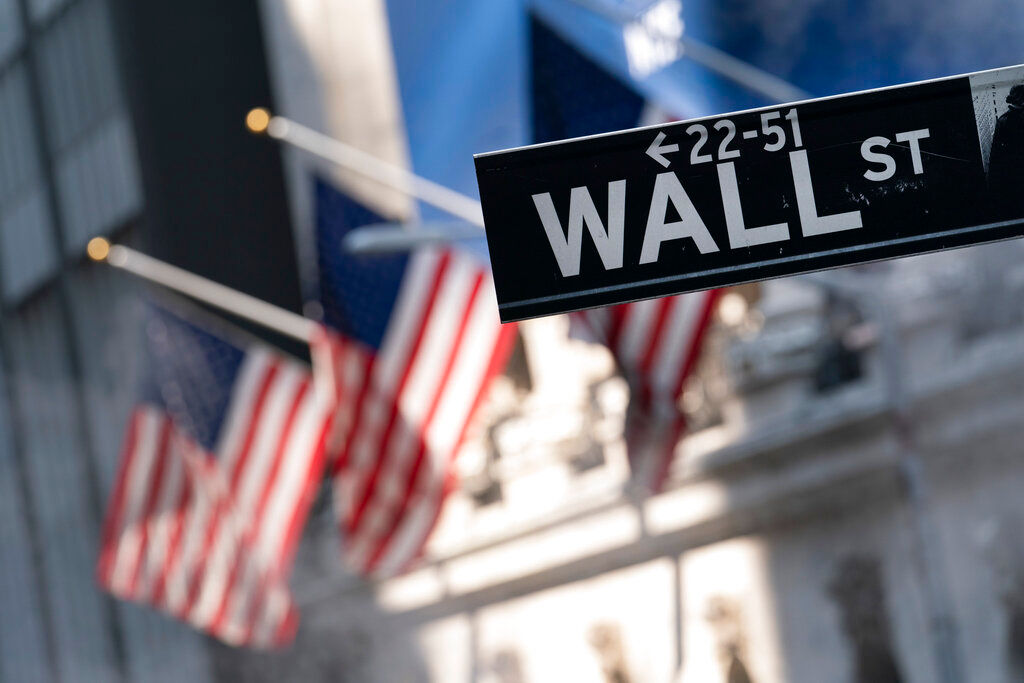Stocks were trading higher in early trade on Wall Street Friday, but not enough to recover all the losses the market has taken in this volatile week of trading.
The S&P 500 jumped 1.9% as of 10:17 a.m. Eastern time zone but the benchmark index is still on the way to its 6th straight losing week, something that hasn’t happened since 2011.
Also Read | Why Elon Musk, other car bosses are wary of electric vehicle production?
The Dow Jones Industrial Average rose 372 points, or 1.2%, to 32,116. The Nasdaq gained 3%. Both indexes are also on track for weekly losses.
Technology stocks led much of the gains this morning. Apple surged 2.1% and Microsoft rose 2%. The sector has caused much of the broader market’s volatility throughout the week and has been falling overall as investors prepare for higher interest rates, which tend to weigh most heavily on the priciest stocks.
Also Read | How a Musk mandate is drowning Twitter shares
Retailer and communications companies also saw solid gains. Amazon rose 3.6% and Google’s parent gained 2.3%.
Bond yields rose significantly. The yield on the 10-year Treasury surged to 2.93% from 2.82% late Thursday.
Twitter plunged 9.8% after Tesla CEO Elon Musk said he was putting his deal to acquire the social media company on hold. Tesla grew 5.3%.
Also Read | $44 billion Twitter deal temporarily on hold, tweets Elon Musk
Despite Friday’s gains, markets have been slipping as investors adjust to the highest inflation in almost 40 years. The Federal Reserve has increased the key interest rates to contain soaring inflation. The Labor Department released reports this week that showed persistently high consumer prices and wholesale prices that affect businesses.
Businesses have been facing difficulties to meet increased demand for a wide range of products and goods due to supply chain and production issues. They’ve been increasing prices on everything from food to clothing, which has been putting pressure on consumers and raising concerns about a pullback in spending and slower economic growth.
Also Read | Driving down US inflation will come with ‘some pain’ warns Federal Reserve
China’s decision to shut down major cities amid concerns about a COVID-19 resurgence has further strained supply chains and Russia-Ukraine has raised already high energy and food costs globally.
U.S. crude oil prices jumped 2.5% and are high by more than 40% for the year.
Investors have also been watching the latest batch of corporate earnings to gain more insight into how inflation is impacting businesses and consumers. Several major retailers will release their results next week, including Walmart, Target and Home Depot.







